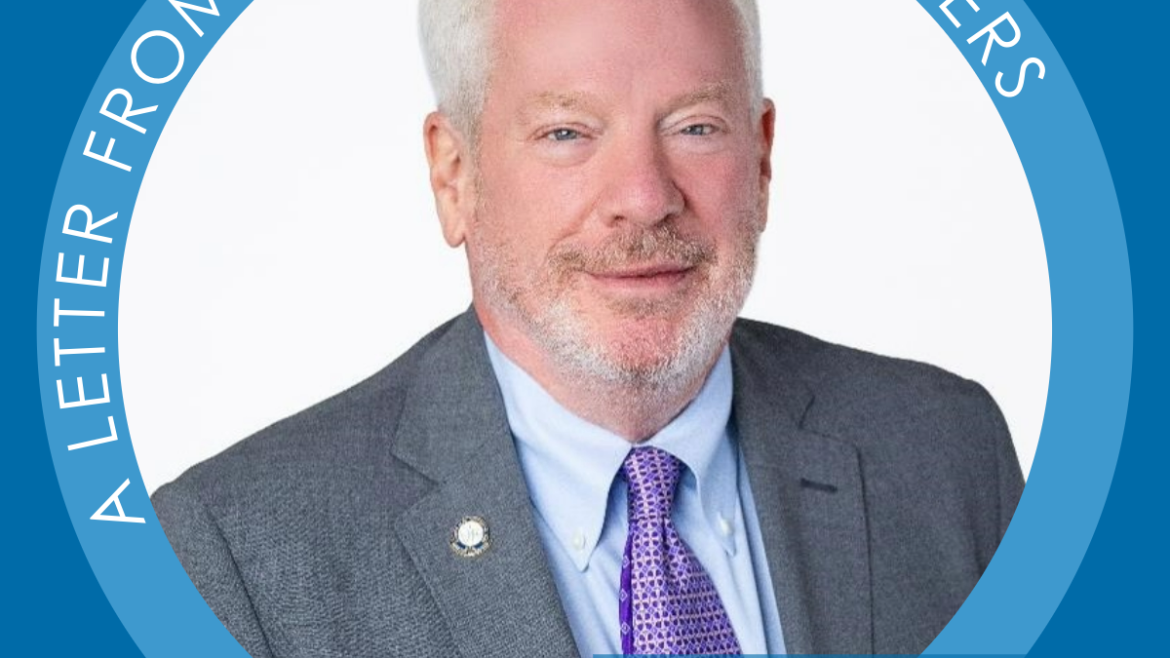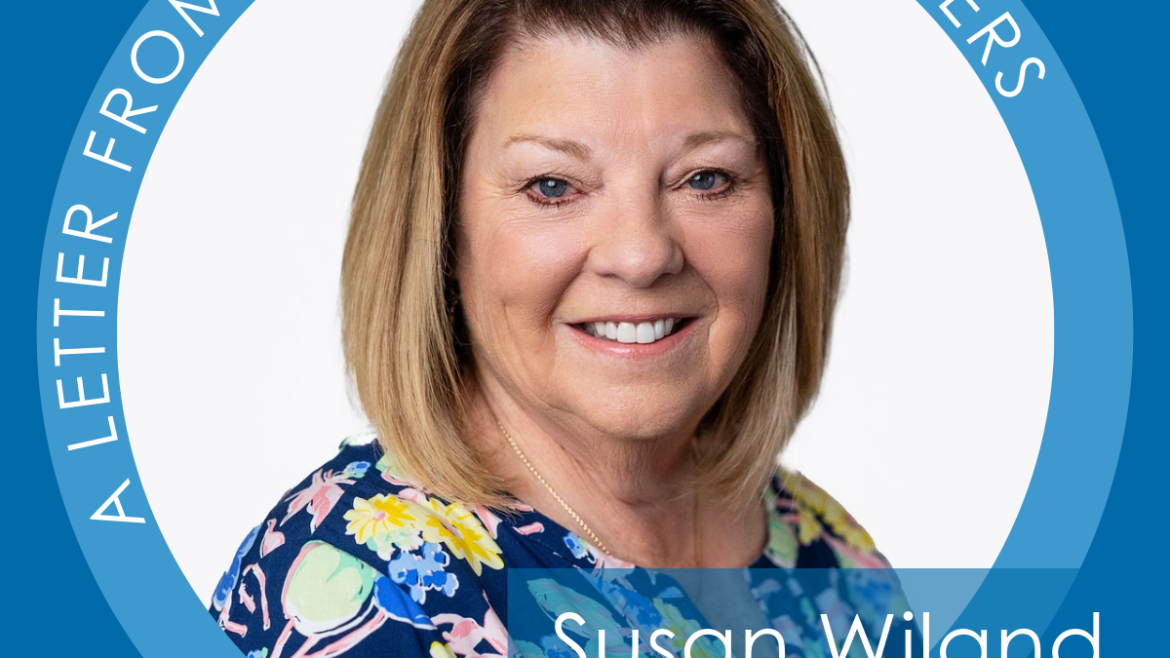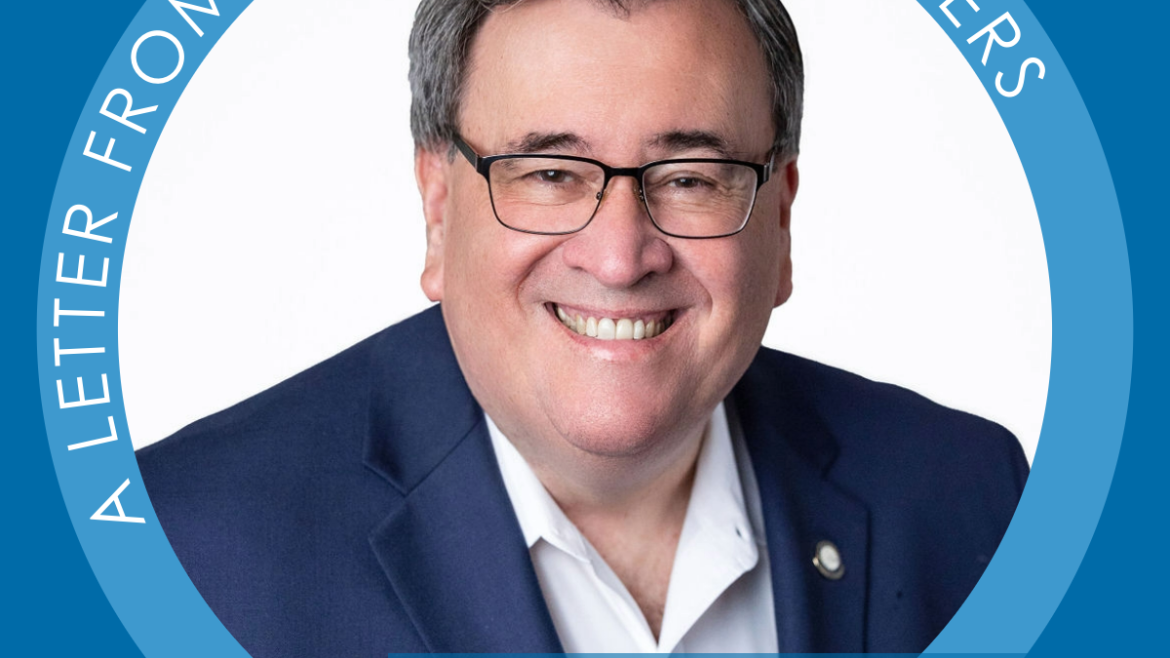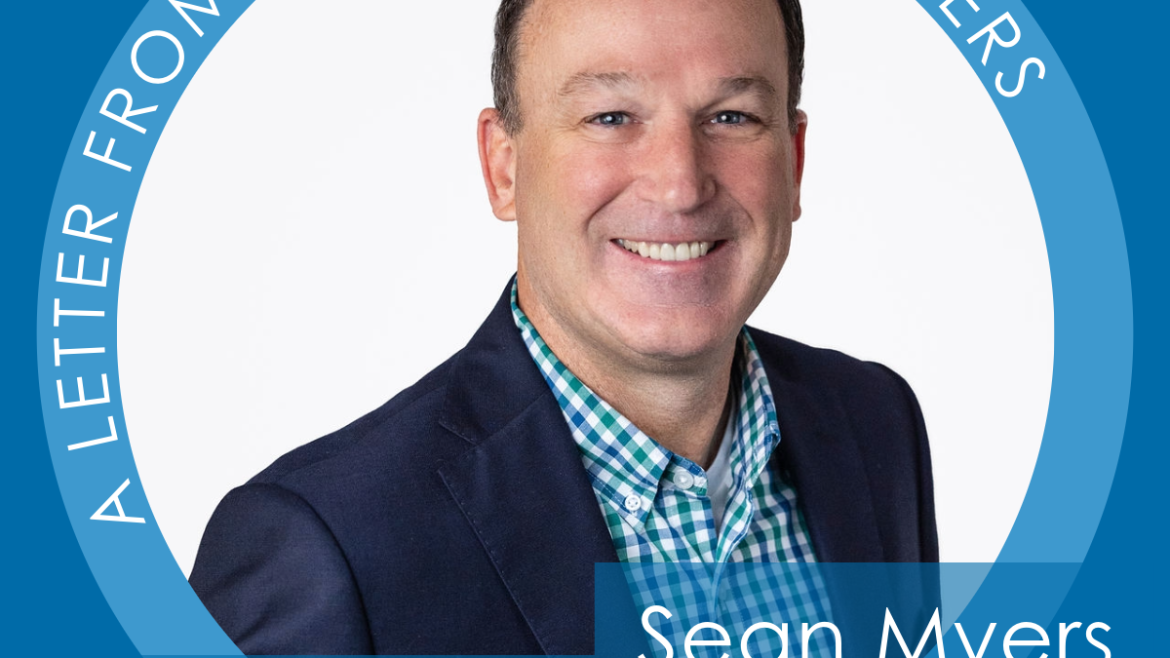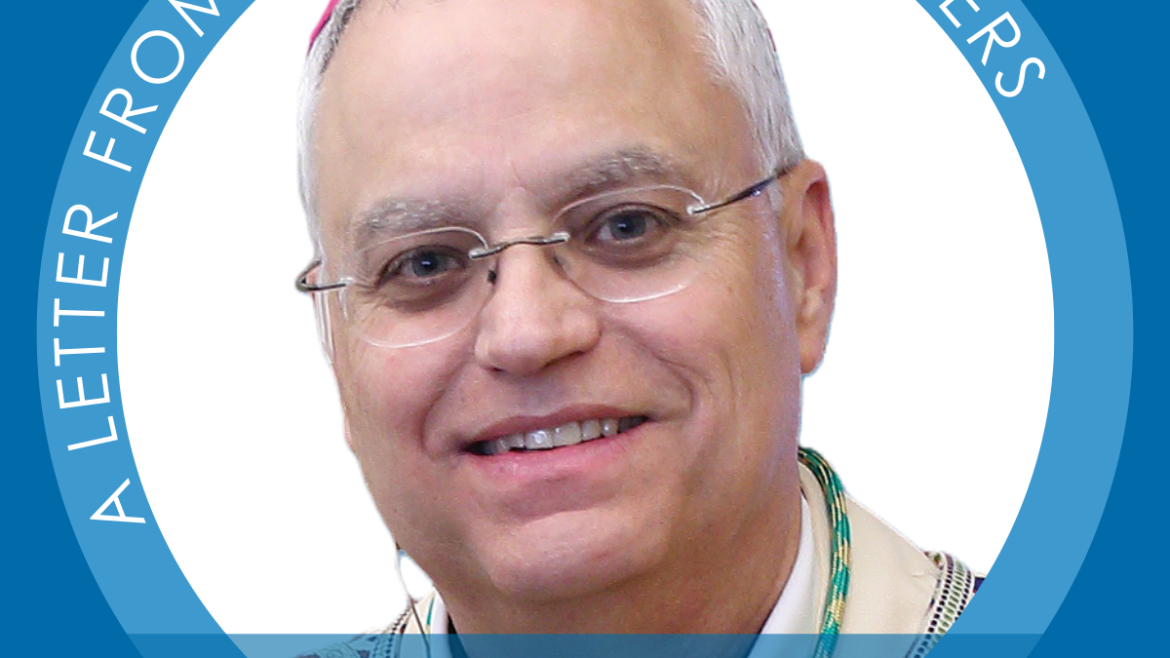The miracle of the loaves and the fishes and the parable of the Judgment of the Nations offer profound insights into faith, generosity, resourcefulness, and service. These lessons are particularly relevant for us, especially in the context of fundraising and adapting to a changing world. By examining these stories, we can draw valuable lessons that guide us in our mission to serve others and sustain our organization.
In the miracle of the loaves and the fishes, Jesus is confronted with a large crowd of hungry people. Despite having only five loaves of bread and two fish, He performs a miracle, multiplying the food to feed thousands. This story teaches us several key lessons that are highly relevant to our efforts in fundraising.
First, the miracle underscores the importance of faith and trust in Divine Providence. Just as Jesus trusted that God would provide for the needs of the crowd, we too must have faith that our efforts in fundraising will be blessed. But this faith is not passive; it requires us to take action, just as the disciples did when they distributed the loaves and fishes. In a changing world, where economic uncertainties and shifting donor priorities can make fundraising challenging, maintaining faith in our mission and in God’s providence is crucial. We must believe that our efforts, no matter how small, can be multiplied by divine intervention. But we must also adapt our actions to the changing world we face.
Second, the miracle highlights the power of generosity and the impact of small contributions.
The boy who offered his loaves and fishes did not have much, but his willingness to give what he had made a significant difference. In fundraising, we often focus on large donations, but this story reminds us that every contribution, no matter how small, is valuable. Encouraging a culture of generosity within our communities can lead to collective impact, where many small gifts combine to create substantial support for our mission and the combined efforts of many can achieve great things.
Third, the miracle teaches us about the importance of adaptability and resourcefulness. Jesus and His disciples did not have a detailed plan for feeding the crowd, but they adapted to the situation and used the resources available to them. In today’s rapidly changing world, we must be flexible and innovative in our fundraising strategies. This might involve embracing new technologies, exploring diverse funding sources, or finding creative ways to engage with donors. By being adaptable, we can respond to new challenges and opportunities as they arise. And we must be open and willing to invest in fundraising, spending appropriately on ways that will allow us to grow our fundraising income.
The parable of the Judgment of the Nations, found in Matthew 25:31-46, complements these lessons by emphasizing the importance of serving others. In this passage, Jesus speaks about the separation of the sheep and the goats, highlighting that those who serve the least of these — feeding the hungry, clothing the naked, visiting the sick and imprisoned — are serving Him. This story teaches us that our work in fundraising is not just about raising money; it is about fulfilling our mission to serve others and make a positive impact in their lives. Our fundraising efforts should always be aligned with our core mission of service and compassion.
In the context of fundraising, these lessons are particularly relevant. Just as Jesus multiplied the loaves and fishes, we can multiply our efforts by leveraging the power of community, collaboration, and wise fundraising investment. By building strong relationships with donors, volunteers, and community members, we can amplify our impact and achieve our goals more effectively. This might involve creating partnerships with other organizations, engaging with professional fundraising experts, and mobilizing others to support our mission. Collaboration and partnership can lead to a multiplication of resources and efforts, enabling us to reach more people and make a greater difference.
Furthermore, the parable of the Judgment of the Nations reminds us of the ultimate purpose of our work. Our fundraising efforts are not just about sustaining our organizations; they are about serving others and fulfilling our mission. This perspective can inspire and motivate us, even in the face of challenges. When we remember that our work is ultimately about serving Christ through serving others, we can find the strength and determination to persevere.
In conclusion, the miracle of the loaves and the fishes and the parable of the Judgment of the Nations offer timeless lessons. By maintaining faith, fostering generosity, being adaptable, and focusing on serving others, we can navigate the challenges of a changing world and continue to fulfill our mission. Let us take these lessons to heart as we work together to make a positive impact in the lives of those we serve. Through faith, generosity, adaptability, and service, we can multiply our efforts and achieve great things!
Peace and God’s blessings,
John

